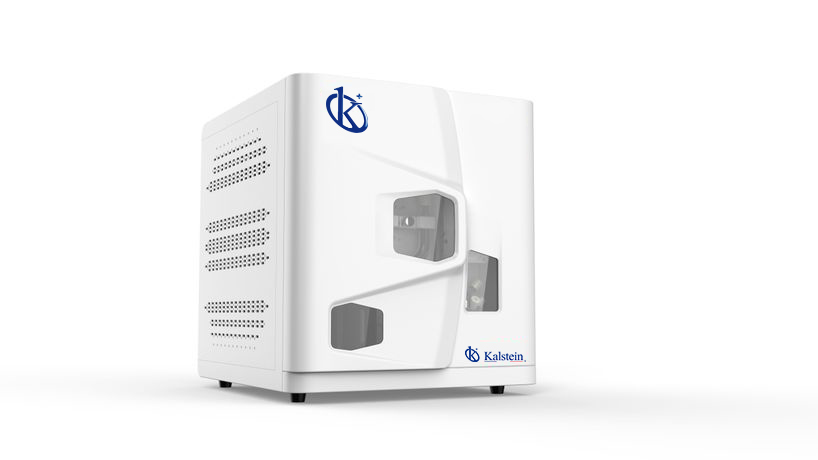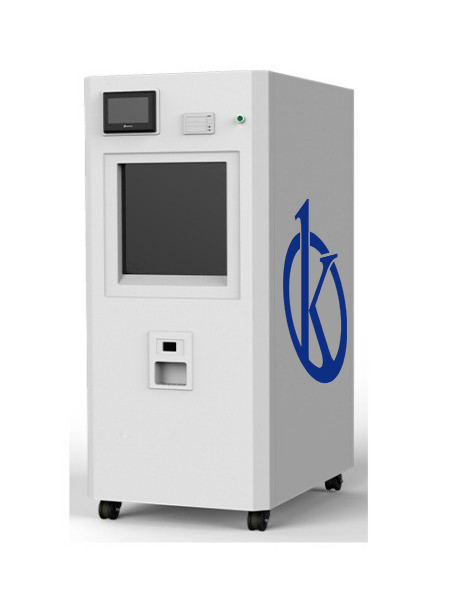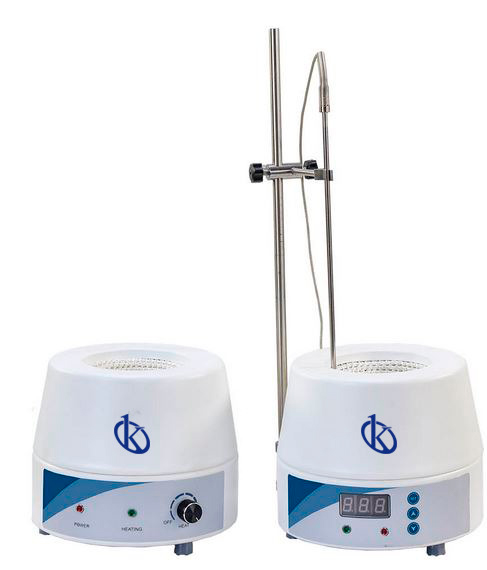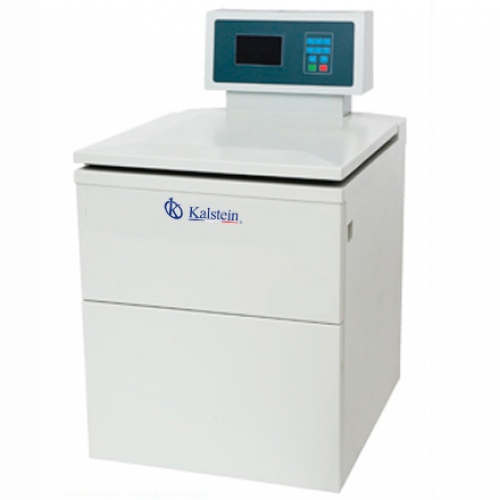Technological advancement and digitization have significantly facilitated data-driven decision making in various disciplines, including analytical chemistry. A crucial instrumental device in this field is the Total Organic Carbon (TOC) Analyzer, a piece of equipment that plays a vital role in verification and quality control in various industries.
Understanding and properly utilizing the data from a TOC analyzer can maximize operational efficiency and promote continuous improvements in laboratory activities. Certified laboratories and companies that rely on advanced data analytics often result in a competitive advantage in the industry. For example, the analytical capabilities of the TOC analyzer can provide a rich source of real-time data that drives continuous improvement in laboratory operations and processes.
Data-Driven Decision Making: A Revolutionary Approach
Data-driven decision making is not a new idea, but its application has taken a quantum leap with the advent of Big Data and advanced analytics technologies. This approach is founded on the concept that decisions made based on data and analytics are more accurate and effective than those based on assumptions or intuition.
In the context of chemistry laboratories, the Total Organic Carbon Analyzer is a device that provides a considerable amount of valuable information. This equipment measures the total carbon content in a sample, which is an essential metric for quality control in industries such as pharmaceutical, food and beverage, and environmental.
Maximizing Operational Efficiency with TOC Analyzer Data
Efficient use of the data provided by the TOC analyzer is crucial to maximizing operational efficiency. These data are highly useful for decision making at various stages of the production or analysis process. For example, results obtained from a total organic carbon analyzer can adjudicate in the identification of possible contaminants in a product, revealing the need for possible adjustments in the production process.
Data from a total organic carbon analyzer can also provide valuable information for quality management, enabling appropriate decisions to be made to ensure compliance with industry standards and government regulations. Continuous improvement is a central concept in quality management. Rendering information obtained from TOC analysis through the use of data-driven decision-making processes will ensure that no production errors are overlooked and effective solutions are implemented in a timely manner.
Kalstein Technology
In conclusion, data-driven decision making provided by a total organic carbon analyzer can drive operational efficiency and foster continuous improvement in a laboratory or industry. This approach ensures that business processes are performed as efficiently and effectively as possible, optimizing results in all areas of operation and ensuring a quality approach at all stages of the process.
If you want to buy at the best price, visit us HERE where you will find the different Kalstein YR models of TOC analyzers, which are available for any requirement of health centers, in addition to having the best advisors to accompany you during the purchase process. We at Kalstein as a manufacturing company, also have for you a 3D platform, where users, manufacturers and distributors can sell, rent or offer new or used equipment anywhere in the world, enjoy being seen, you are more.




